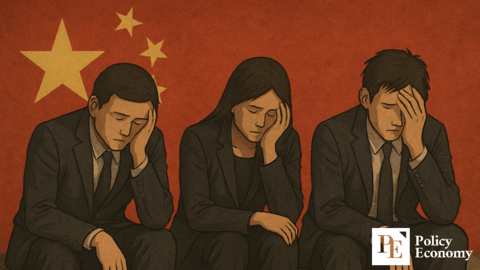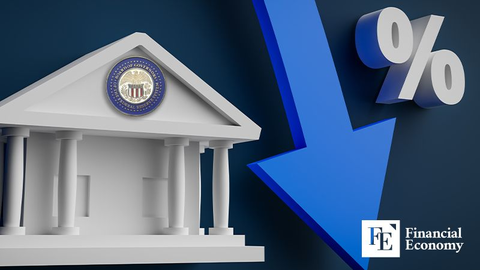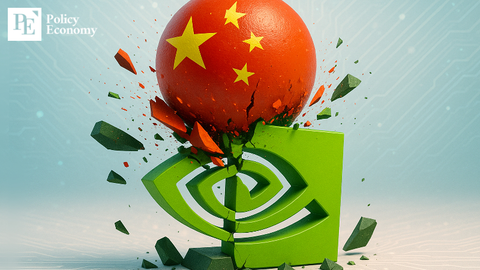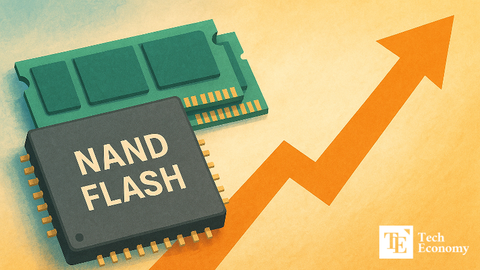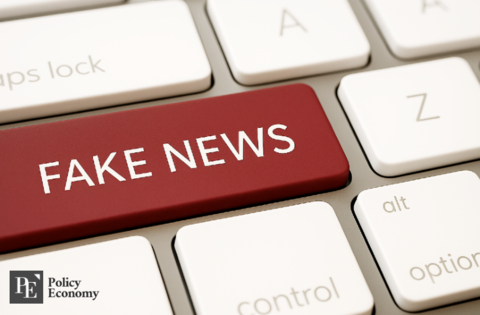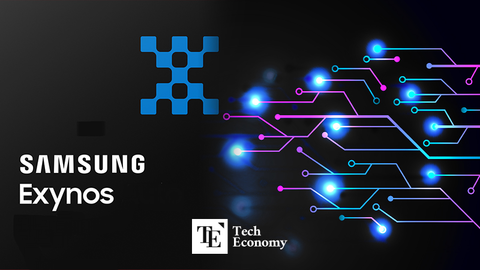“Aftershock of Reciprocal Tariffs”: Silicon Valley in Panic as U.S. Tech Dominance Faces Tariff Blitz
Input
Modified
$1.8 Trillion in U.S. Big Tech Market Cap Wiped Out Tariff Fallout Forces Wave of Postponed IPOs Silicon Valley Executives Head to Mar-a-Lago for Emergency Talks
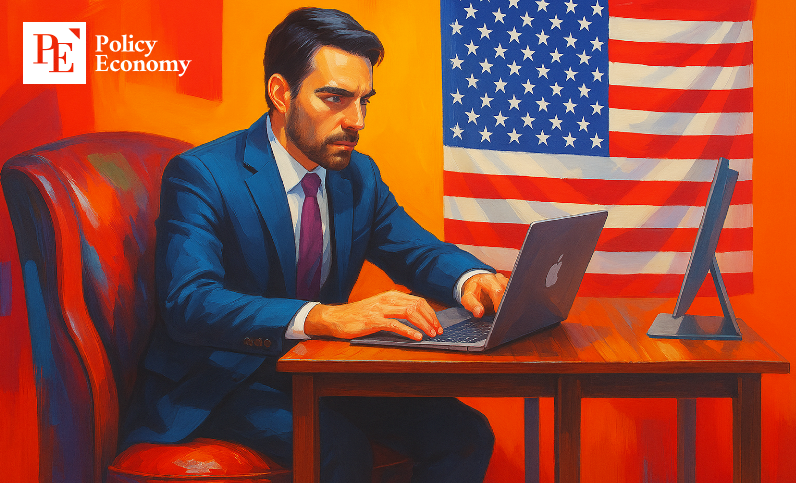
President Donald Trump’s sweeping tariff blitz is hammering Silicon Valley. Following the announcement of reciprocal tariffs, the Nasdaq plunged 10% on a weekly basis—its worst performance since the onset of the COVID-19 pandemic in 2020. In just two days, nearly $2 trillion in market capitalization was wiped out from seven of the United States’ leading tech giants. Although the industry saw a slight rebound after an emergency tariff pause, the broader damage from the high-tariff policy remains, with long-term risks continuing to cast a shadow over the U.S. tech sector.
Tech Titans Take a Hit, White House Scrambles for Relief
On April 10 (local time), the Financial Times reported, “Silicon Valley will lose the trade war,” emphasizing that the interests of Big Tech stand in stark contrast to the movement that helped elect President Trump. According to the FT, leading American tech companies such as Apple, Nvidia, and Tesla have suffered major setbacks due to Trump's attacks on the global trade system, which have severely disrupted their complex electronics supply chains.
In particular, the imposition of “potentially devastating tariffs” on AI-capable computer systems—equipped with GPUs—has raised concerns that the training of cutting-edge AI models may shift abroad. In response, the so-called “Magnificent 7 (M7)” tech giants saw $1.8 trillion in market capitalization wiped out just two days after Trump's announcement of reciprocal tariffs. As Silicon Valley tilts increasingly right ahead of Trump’s possible return to the White House, panic has reportedly set in.
During this time, the personal fortunes of Big Tech CEOs also plummeted:
Elon Musk (Tesla): down $30.9 billion
Mark Zuckerberg (Meta): down $27.3 billion
Jeff Bezos (Amazon): down $23.5 billion
Although a temporary 90-day suspension of the new tariffs helped recover around $1 trillion in market value, renewed pressure on tech stocks has highlighted the unresolved tensions behind the ongoing trade turbulence.
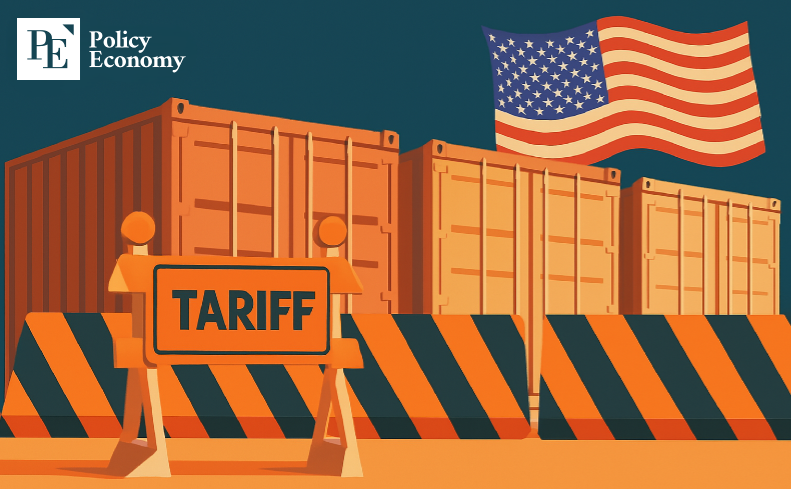
Tariff Uncertainty Freezes IPO Pipeline
There are growing fears that the new tariff policy will derail investment plans by major U.S. tech firms in AI infrastructure. Trump has imposed steep tariffs on equipment imports from key tech-exporting nations. According to the U.S. Census Bureau, electronics—including smartphones, PCs, and data center equipment—were the second-largest U.S. import category in 2024, worth $486 billion.
Roughly $200 billion of these electronics—especially data processing devices—were sourced from Mexico, Taiwan, China, and Vietnam. Abhishek Singh, partner at Everest Group, commented, “Major firms in AI infrastructure and consumer tech are likely to shift spending from expansion to supply hedging and sourcing diversification.”
The danger extends beyond hardware supply chains. The U.S. posted a $30 billion trade surplus in ICT services in 2023 and $267 billion in net profits from digital services globally—including earnings from Apple iPhone sales in China and Google ads in Europe, which often go unrecorded in official trade statistics. FT noted, “The trade crisis has made these a clear target for retaliation, and such risks will inevitably return with future tensions.”
Tariffs have already chilled the IPO market:
Klarna and StubHub have delayed listings shortly after filing.
Chime, a fintech firm, is reportedly also postponing its IPO.
CoreWeave, an AI infrastructure firm that debuted last month on the NYSE, had to cut its IPO price and has seen high trading volatility.
Mark Klein of Suro Capital remarked, “IPO momentum seems to have paused as firms assess the impact of the tariffs.” Phil Haslett of EquityZen added, “This is about as bad as the macro environment gets—there’s too much uncertainty.”
Tech Leaders Mobilize: Mar-a-Lago or Bust
The aftermath of Trump’s tariff war recalls similar turmoil during his first term in 2018. At the time, a 10% tariff was applied to $200 billion worth of Chinese imports, including critical IT components like modems and routers.
According to Panjiva, part of S&P Global, nearly half of the $23 billion in network gear the U.S. imported that year came from China. Silicon Valley firms were forced to either absorb higher costs or shift to alternative suppliers outside China.
Now, the outlook appears similarly grim. Some warn the tariff policy may drive the U.S. economy into recession-level risk. As a result, Silicon Valley and Wall Street leaders are reportedly traveling directly to Mar-a-Lago to meet Trump and voice their concerns.
Journalist Kara Swisher noted, “These leaders are heading to Trump with common-sense advice—after all, the millions they donated to his campaign have turned into trillions in market losses.”
Box CEO Aaron Levie emphasized, “Tech executives are reluctant to speak out publicly for fear of global supply chain backlash, but there’s a shared sense that these tariffs could set back U.S. tech by a decade.”
Dan Ives, tech analyst at Wedbush Securities, echoed the warning: “This tariff policy makes China the winner—and it risks stalling U.S. innovation in its tracks.”

